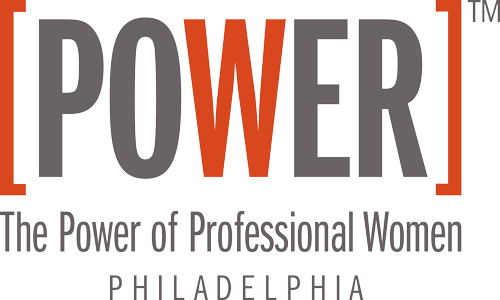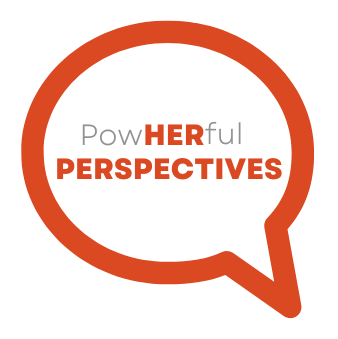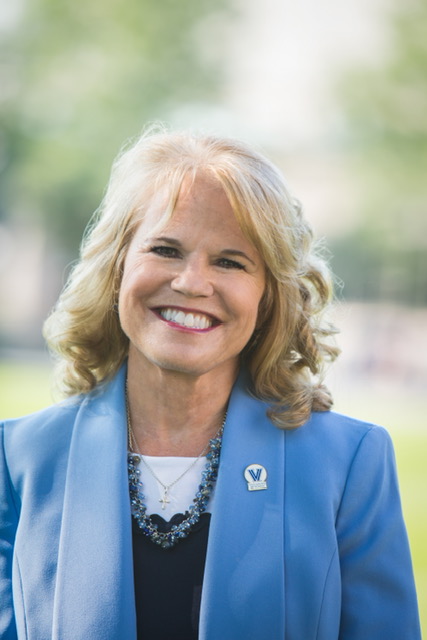Joyce E. A. Russell, PhD
The Helen & William O’Toole Dean
Villanova School of Business
Q1. International Pay Equity Day was September 18, but gender pay disparities are still the norm. Given your expertise in leadership and negotiation, what’s one thing women can do to combat the issue of pay inequity?
One of the most important things women can do is advocate for themselves. Many times, we accept what we are offered, or only ask once for what we want, and stop negotiating. Of course, you also need to do your research, understand your worth, and engage in productive conversation with your manager. That’s all important as well, but I would encourage you to advocate for yourself as if you were advocating for another colleague, friend, or family member. Women are great at advocating for others, and we also need to treat ourselves the same way. Advocate and negotiate for yourself as if you were negotiating for a friend. If you want step-by-step guidance, I created a four-minute video that gives you practical tips and planning strategies to improve your negotiation skills. You can watch it here.
Q2. Why did you make the career choice you did? Why this industry? Why this role?
I have always been inspired by the teachers and coaches I had as I was growing up. They taught me life lessons and mentored me to help shape who I am today. I was also fascinated by people and how we can work together towards common goals, which is why I became a licensed industrial and organizational psychologist. By pursuing a career in academia, I was able to combine my passions for teaching and guiding others with researching how the best organizations harness those relationships and sustain successful organizations. I believe that business, at its best, is a force for good, and the more we understand about people’s motivation and engagement, the better we are able to join together to make the world a better place. Since I am a life-long learner, I also enjoy being around students, including undergraduate, graduate and executive students, and helping them grow into exceptional ethical leaders.
Q3. What inspiration do you draw from women that came both before and after you in the workforce?
I am grateful to follow in the footsteps of many compassionate, intelligent and successful women, and I work to pay that gift forward. It all started with my mother who inspired me to pursue education, taught me to be independent, and use my gifts and faith to make a positive impact in the world each and every day. She has always been my greatest role model and a woman who is a true servant leader. Like her, there are so many wonderful women leaders who prioritize the needs of their people and organizations – and they inspire me every day. And those women exist in all levels of organizations. You don’t have to be the CEO to make a difference in people’s lives or make business decisions that foster organizational growth. Everyone can think and act strategically in whatever role they are in. I’m sure we all can identify women leaders who lead not because they have a title but lead because they use their personal power to enhance the work and lives of their colleagues. By doing that, their work departments and the overall organization flourishes. Leaders show humility, empathy, provide transparent communication, act decisively and plan for the future. They also demonstrate adaptability and are willing to take personal responsibility for themselves and their teams.
Q4. How do you go about finding a mentor and building that relationship?
You can build relationships with mentors the same as any other trusting, professional relationship. If you’ve never had a mentor before, start with someone you know and admire. Connect over a meal and explain to them why you are looking for guidance and encouragement. Ask if they would be able to provide that to you occasionally or on a regular basis. Remember that it’s up to you to continue to nurture and build the relationship. Schedule regular touchpoints, and always follow through. Ask for specific advice and prepare to be challenged to think differently. A mentor-protege relationship should benefit both people. You might want to share information that might help your mentor with a business decision or send them articles on topics of interest. You may already have many informal mentors right now. If you are struggling to identify a mentor, ask your manager or other trusted leader for suggestions, and to arrange an introduction.
Q5. Where will we find you on a Saturday/Sunday mornings?
Someone recently asked me how I get through difficult times and I said, “I pray”. They thought I was kidding and said “no, really, how do you deal with challenging situations and people” and again I said, “I pray”. I pray each and every day. My faith is very important to me and leading with faith is one of the reasons I am honored to lead the Villanova School of Business. Villanova’s Augustinian Catholic values of unitas, veritas and caritas (truth, unity and love) align with my personal values, and I am grateful to be able to educate the next generation of business leaders in alignment with those values. So, I will spend part of the weekend enhancing my faith.
I also use the weekends to catch up on work and try to enhance my spiritual, emotional, mental, and physical health. So, I get outside to enjoy the weather and exercise by biking, walking, playing sports, etc. I attend church, I garden, I read, I spend time with my family and lots of pets. You have to be healthy and well-rounded to be successful personally and professionally and that requires deliberate attention. Hobbies and leisure pursuits are really critical for everyone.


